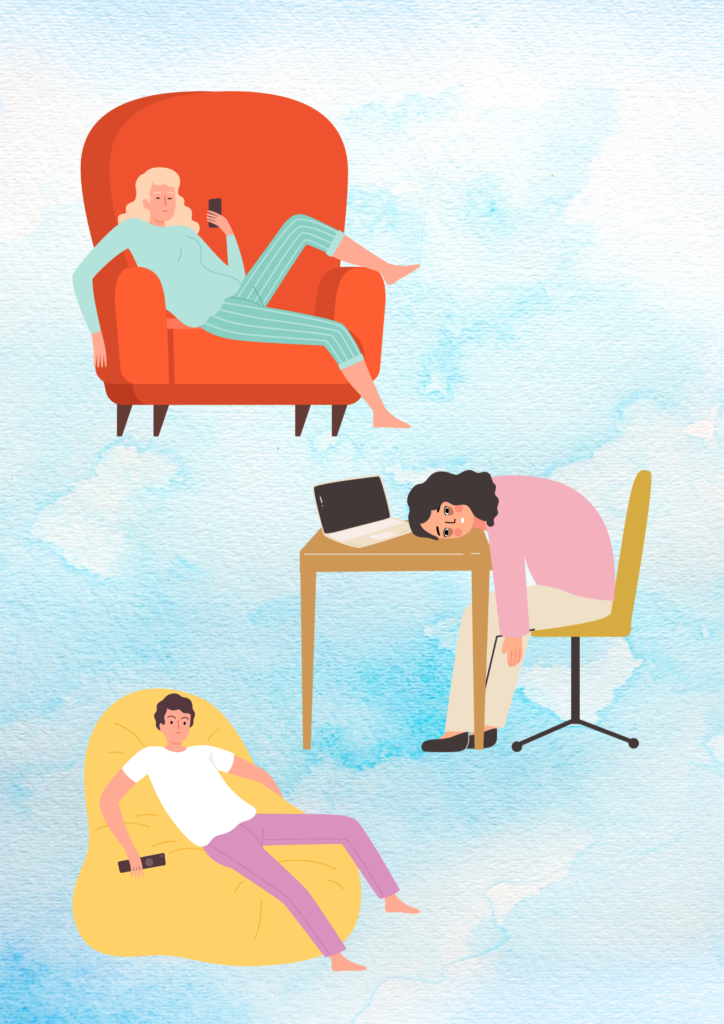Understanding Procrastination: A Brief Overview

Procrastination involves delaying or putting off tasks until the last minute or past their deadline. It’s characterized by irrational delays despite potentially negative consequences. Around 20% of U.S. adults are chronic procrastinators.
Causes of Procrastination
Several factors contribute to procrastination:
- Time Perception: We often underestimate how long tasks will take, leading to false security.
- Motivation Myth: Waiting for the “right” moment to feel inspired can hinder progress.
- Academic Distortions: Students overestimate available time, future motivation, and underestimate task duration.
The Science Behind It
- Fear and Anxiety: Procrastination is driven by fear and anxiety related to tasks.
- Instant Gratification: Our brain’s reward center (dopamine) influences motivation.
- Executive Functioning: The prefrontal cortex plays a crucial role in overcoming procrastination.
Strategies to Overcome Procrastination
- Action First: Take repeated action, even when uncomfortable.
- Break Tasks: Divide large tasks into smaller, manageable steps.
- Set Deadlines: Self-imposed deadlines create urgency.
- Accountability: Share goals with someone to stay on track.
- Mindfulness: Be aware of procrastination triggers and patterns.
Remember, overcoming procrastination is a gradual process. Start small, stay consistent, and celebrate progress!




















